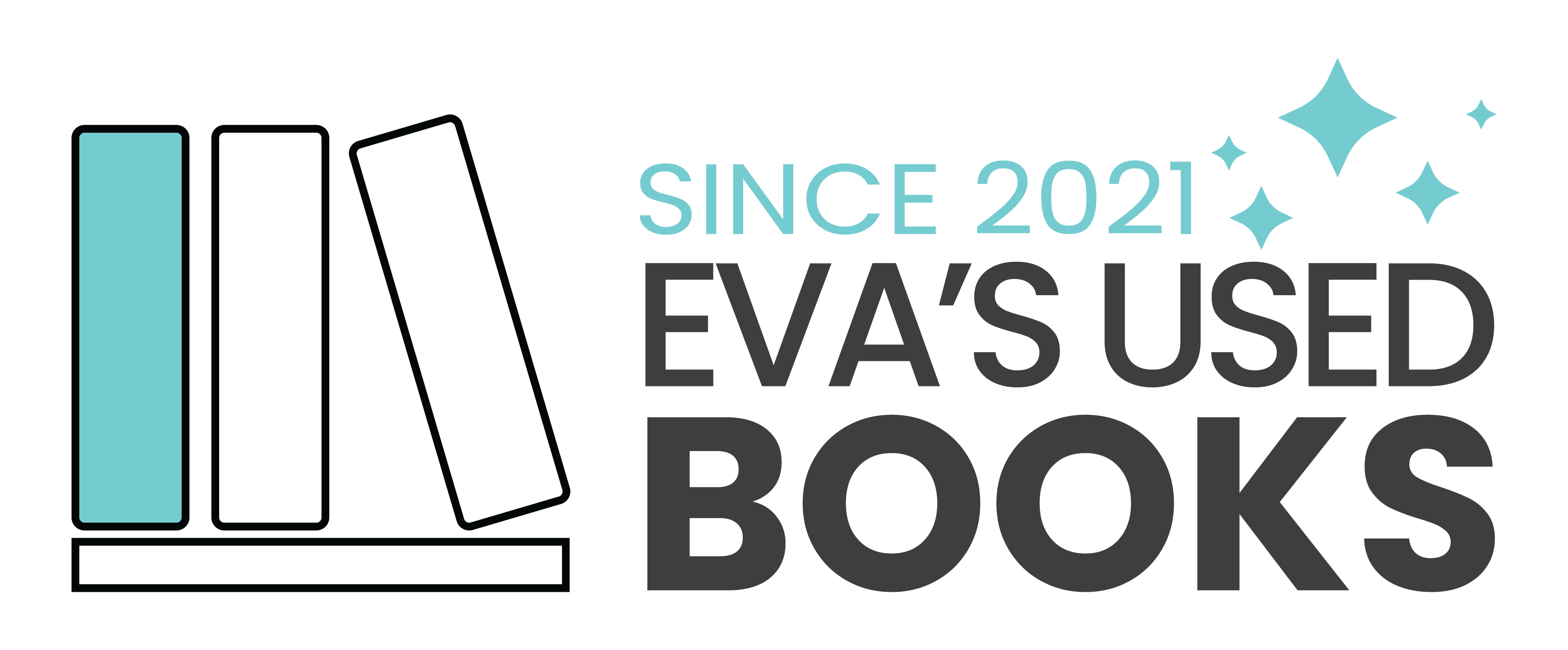Search
Custom Menu
Archive
- April 2025
- December 2024
Recent Post
You Know Your a Book Ad... Jul 22, 2025
Shipping, Surprises, an... Jul 02, 2025
How to Choose the Right... May 26, 2025
Tags
Top 4 Most Influential Science Fiction Novels
Posted By: Chava Burnham | Posted On:

The genre of science fiction is a fascinating concept. Humans have looked to the skies, wondering about our place in the universe. We have tried to predict what the future holds for us regarding technology, society, and culture. And through those explorations, the genre of science fiction was born.
There are some differences of opinions about the “originator” of science fiction. Some credit Edgar Allen Poe, H.G. Wells, and Jules Verne, but Mary Shelley is widely considered to have written the first science fiction novel. A lesser-known writer named Lady Margaret Cavendish, a scientist during the 1600s is also considered one of the founders of science fiction.
Whichever writer you give the credit to, it is obvious that certain science fiction novels have had a pivotal role in shaping the genre and our culture throughout the years. Let’s take a look at some of the most influential science fiction novels that you can find at your favorite used bookstore in Israel.
Frankenstein by Mary Shelley

Mary Shelley wrote Frankenstein when she was nineteen years old in 1816 when she first conceived of her Frankenstein idea. As the famous story goes, she spent the summer with Lord Byron, John William Polidori, and Percy Shelley in Geneva, Switzerland. The rainy weather kept them indoors for most of the summer, which resulted in their challenge to write a ghost story. This challenge eventually prompted Mary to wonder, “Perhaps a corpse would be re-animated.”
Thus, Frankenstein was born. This novel tells the story of Dr. Victor Frankenstein, who delves into the morbid world of science and undertakes an experiment to recreate a human with parts from other humans. The creature lives and escapes, prompting it to wonder about its own existence in a world that considers him a monster.
Frankenstein has been the basis of many films and is considered a pivotal novel for science fiction. Because of the unorthodox nature of Victor Frankenstein’s experiments, this novel set the stage for many other novels about altering humans, such as The Strange Case of Dr. Jekyll & Mr. Hyde and perhaps even Brave New World.
If you are a science fiction lover, we highly recommend you read Frankenstein by Mary Shelley.
Twenty Thousand Leagues Under the Sea by Jules Verne

If Mary Shelley is the mother of science fiction, then Jules Verne is the father. His novel Twenty Thousand Leagues Under the Sea is a work of science fiction written in 1869. The novel is about a group of men who go after a mysterious sea monster, only to discover that the monster is a futuristic submarine run by Captain Nemo. He won’t let his new passengers leave, as his existence is a secret. Throughout their voyage, they discover many oceanic regions, both fictional and real. Eventually, the submarine is attacked by a warship from a mysterious nation, which causes Nemo to seek revenge. The passengers are afraid fo Nemo and look for ways to escape.
While much of Jules Verne’s predictions for future diving gear and underwater activities don’t come true, that doesn’t make the novel any less of a science fiction novel. The story reflects Verne’s ability to craft a compelling story and bring the reader into this mysterious submarine from an unknown country.
The Strange Case of Dr. Jekyll & Mr. Hyde by Robert Louis Stevenson

Just as Frankenstein’s monster has become a major part of pop culture, so has The Strange Case of Dr. Jekyll and Mr. Hyde by Robert Louis Stevenson. Written in 1886, this novel is one of the most famous pieces of literature in the English language and is considered a defining book of gothic horror. You may have heard someone called “Jekyll and Hyde,” meaning they seem to have two wildly different personalities.
The novel is written as a series of letters explaining their encounters with Dr. Jekyll and his alter ego, Mr. Hyde. Dr. Jekyll, a well-respected scientist, has a mysterious and evil alter ego called Mr. Hyde. During the novel, Jekyll experiments with a potion that leads to the physical and moral transformation into Hyde, who embodies his darker impulses.
This novel explores mankind's duality and the eternal struggle between good and evil, along with the consequences of messing with the natural order of things. These themes are similar to those present in Frankenstein. This novel falls under the category of science fiction because it deals with a situation that would not normally occur in real life due to science or experimentation.
The Time Machine by H.G. Wells

You can’t have a list of science fiction novels without including H.G. Wells. Most known for his novel The War of the Worlds, H.G. Wells is one of the most popular science fiction novelists. His book The Time Machine, written in 1895, is a tale of evolution taken to the extreme.
The story revolves around a young scientist who travels 800,000 years into the future, only to discover that humankind has split into two beings– the brutal Morlocks and the helpless Eloi. The scientist realizes that the future is not peaceful as the two divided beings are constantly at war– the Morlocks feed on the Eloi.
After rescuing an Eloi named Weena, the scientist has to recover his time machine and return to his own time. During this travel through time, he watches as the Earth dies out, and then he returns to his own time, three hours late for his dinner party. He explains what happened to his guests and eventually returns to the future. No one hears from him again.
This novel is usually credited with popularizing the idea of time travel in science fiction by way of a machine that can selectively move forward or backward in time. Wells, after all, coined the term “time machine,” and it is universally used to describe a machine that moves through time. While we haven’t achieved time travel, H.G. Wells’ novel inspires scientists and authors about what the future and past hold.
Some Additional Reading
Interested in continuing to explore the science fiction genre? Be sure to check out these books, too.
Written by Nicole Madigan






10 comments